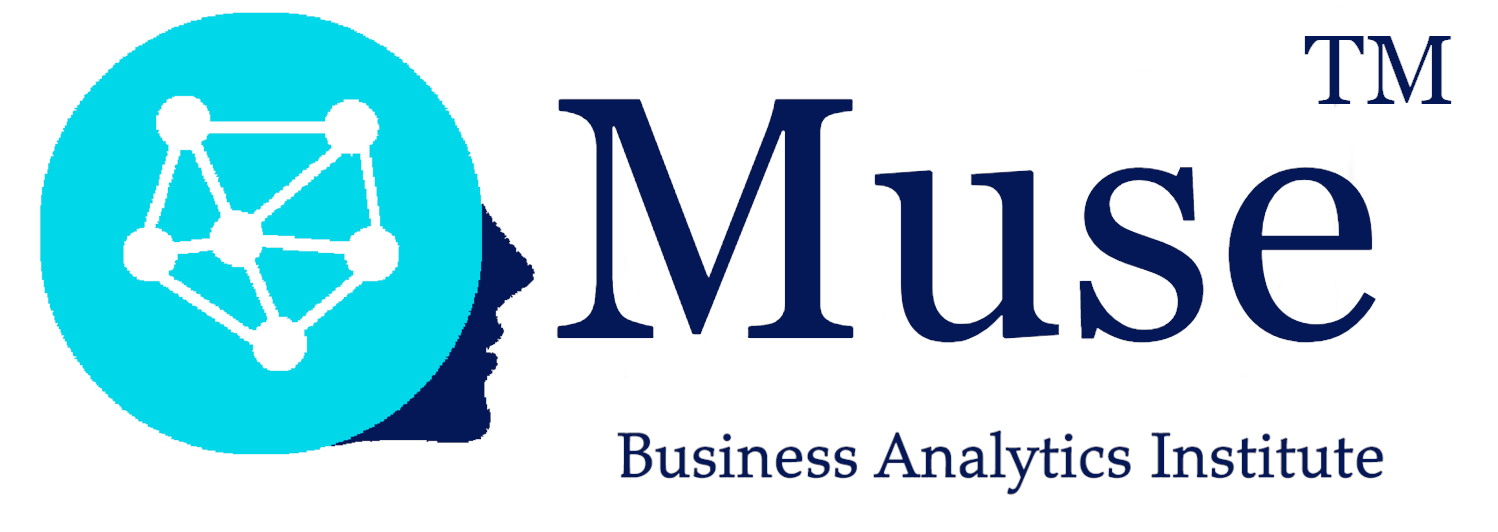AI in support of the circular economy:
Ethical considerations and a path forward
Source: Social Science Research Network - SSRN
Since 2018, the use of digital tools (AI, blockchain, robotics, NLP…) for the transition to a circular economy (CE) is growing rapidly.
This is due to the fact that these technologies are capable, either automatically or semi-automatically, to be able to process large volumes of data to make inferences, predictions, generate content and even make decisions in place of human beings.
With the integration of AI in CE, this allows the production and maintenance of circular products. But also, AI allows developing new business models, to improve recycling structures and processes (sorting, reuse, revalorization).
It is also a better management of energy resources (for example management of consumption in the datacenter).
The use of AI within the circular economy is not without risk. It brings ethical risks. These risks concern the misuse of private data, the risk of implementing biases in the algorithms.
But also risks of exclusion and economic inequalities as well as environmental risks because of a misuse of AI.

